A native of Clearwater, Florida, William Peterson was accustomed to spending his time around the sea when he enlisted in the Navy. As a radioman on the USS Arlington and USS Constellation, he loved learning Morse code and named his time stationed in Guam as the highlight of his career.
While he was on active duty, Peterson recalls hearing about VA programs designed to help Veterans. He never anticipated that one day he would share his story with Veterans across the country to encourage them to use these programs.
Peterson was one of the first Veterans Lisa Goodwin met when she began working at the Lake Baldwin VA Clinic nearly a decade ago. She recalls Peterson as one of the “lowest maintenance” Veterans on her caseload who did not demand a great deal of her attention.
He had come to VA seeking housing support through HUD-VASH, a collaborative program that pairs HUD’s Housing Choice Voucher rental assistance with VA case management and supportive services for Veterans experiencing homelessness.
Once housed, Peterson lived independently and found a meaningful career in food and beverage management. “VA rescued me from being homeless. It saved me,” he said.
 Answering a Veteran’s call
Answering a Veteran’s call
In 2016, the Veteran’s life was saved again, this time with an early diagnosis of laryngeal cancer. But after undergoing surgery on his larynx, he struggled to speak or swallow and could only “talk” to others by writing down his thoughts and feelings on a whiteboard.
By then, Peterson had not been in the HUD-VASH program for a few years and had moved on to a group home. He began to see that the group home could not provide him with the new level of care he needed.
When Lisa Goodwin’s phone rang this past summer, she learned of Peterson’s situation from a hospice worker asking on his behalf: “Could VA help again?”
Goodwin, now the supervisor of homeless programs for the VA Orlando Healthcare System, knew the answer: yes.
A rapid relocation
Jose Cartagena, a nurse for HUD-VASH at Orlando VA Medical Center, visited Peterson right away.
The conditions were worse than expected. The Veteran occupied a small room with no air conditioning, an insufferable situation in the Florida heat. Worst of all, the house was infested with bed bugs. Cartagena brought Peterson to the hospital where he received treatment for complications brought on by the bed bugs.
Peterson later vacated his home, leaving all his belongings behind. While grateful to be relocating, he was saddened to say goodbye to his most beloved possession: his guitar.
A (good) win-win
As he discussed housing options with VA, Peterson advocated for a situation that would allow him to maintain as much independence as possible while still receiving the medical care he needed. Goodwin had just the solution.
A few years prior, VA recognized that as many Veterans in the HUD-VASH program were aging, they needed increased medical support. VA offered Medical Foster Home Care for Veterans who required nursing home care but preferred a non-institutional setting with fewer residents. But the cost of this care was often a barrier for HUD-VASH recipients.
To address this gap, HUD-VASH and Geriatrics and Extended Care (GEC) leaders began looking for ways they could join forces to help Veterans receive higher levels of care in settings that were safe, comfortable and affordable.
From this collaboration, VA identified new opportunities for Veterans to use their housing vouchers in existing GEC programs, including Medical Foster Homes.
Peterson met the criteria for the program, and a Medical Foster Home perfectly aligned with his needs and preferences, a win-win situation.
A devoted and kind caregiver
Before Peterson moved in, his caregiver was able to make several minor repairs. The act authorizes VA to use appropriated funds for life-saving food, shelter, goods and services for homeless Veterans and those participating in the HUD-VASH program during the Coronavirus pandemic public health emergencies.
Peterson arrived to find an updated, clean home. And he found a devoted and kind caregiver ready to provide help with his activities of daily living, offer friendship, and re-ignite the Veteran’s hope.
“Call VA!”
Peterson passes the time with an old friend: his guitar. When Orlando VA social worker Kris Vite heard Peterson’s story, he returned to the group home and rescued the Veteran’s guitar.
“Our staff will do whatever needs to happen to get the goal accomplished,” Vite said.
The same is true for Peterson. Though he may not be able to speak, he is making sure his message is heard by all Veterans. He wrote on his whiteboard, “Call VA! They have all kinds of things to help you!”
Learn about VA programs
- If you are a Veteran who is homeless or at risk for homelessness, call the National Call Center for Homeless Veterans at 877-4AID-VET (877-424-3838).
- Visit the VA Homeless Programs website to learn about housing initiatives and other programs for Veterans exiting homelessness.
- Check out the Ending Veteran Homelessness podcast to learn more about what VA is doing about Veteran homelessness.
- For more stories like these, subscribe to the Homeless Programs Office newsletter to receive monthly updates about programs and supportive services for Veterans experiencing or at risk of homelessness.
Topics in this story
More Stories
For the Great American Smokeout, explore VA resources and learn why every attempt to stop smoking is a step toward success.
If you’ve lost a loved one to suicide, resources and support are available to help you cope during your grieving and healing.
Army Veteran Denis Velez donated a painting of his VA hospital as a way of giving back for his treatment there.

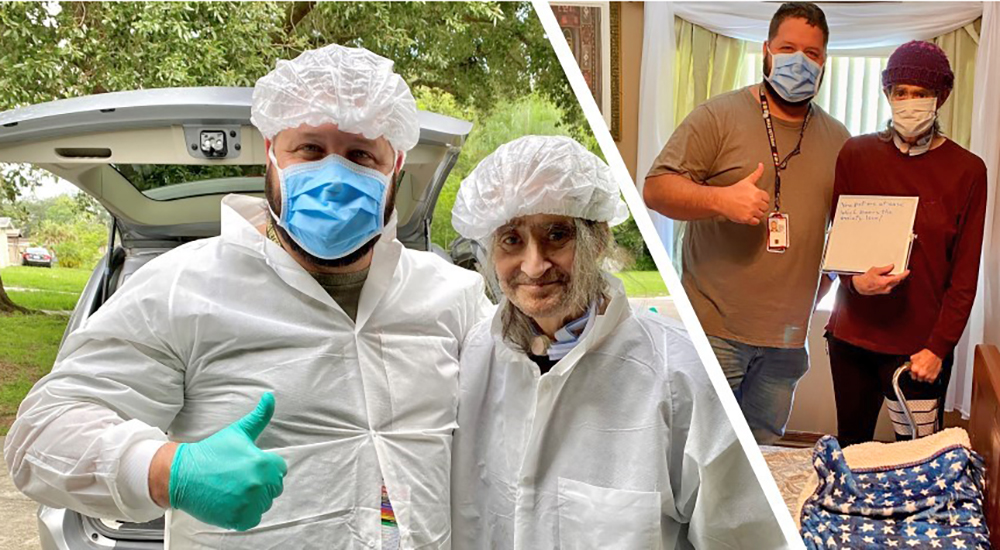
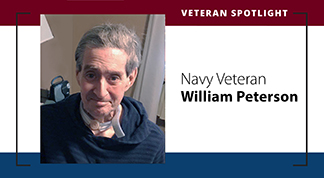
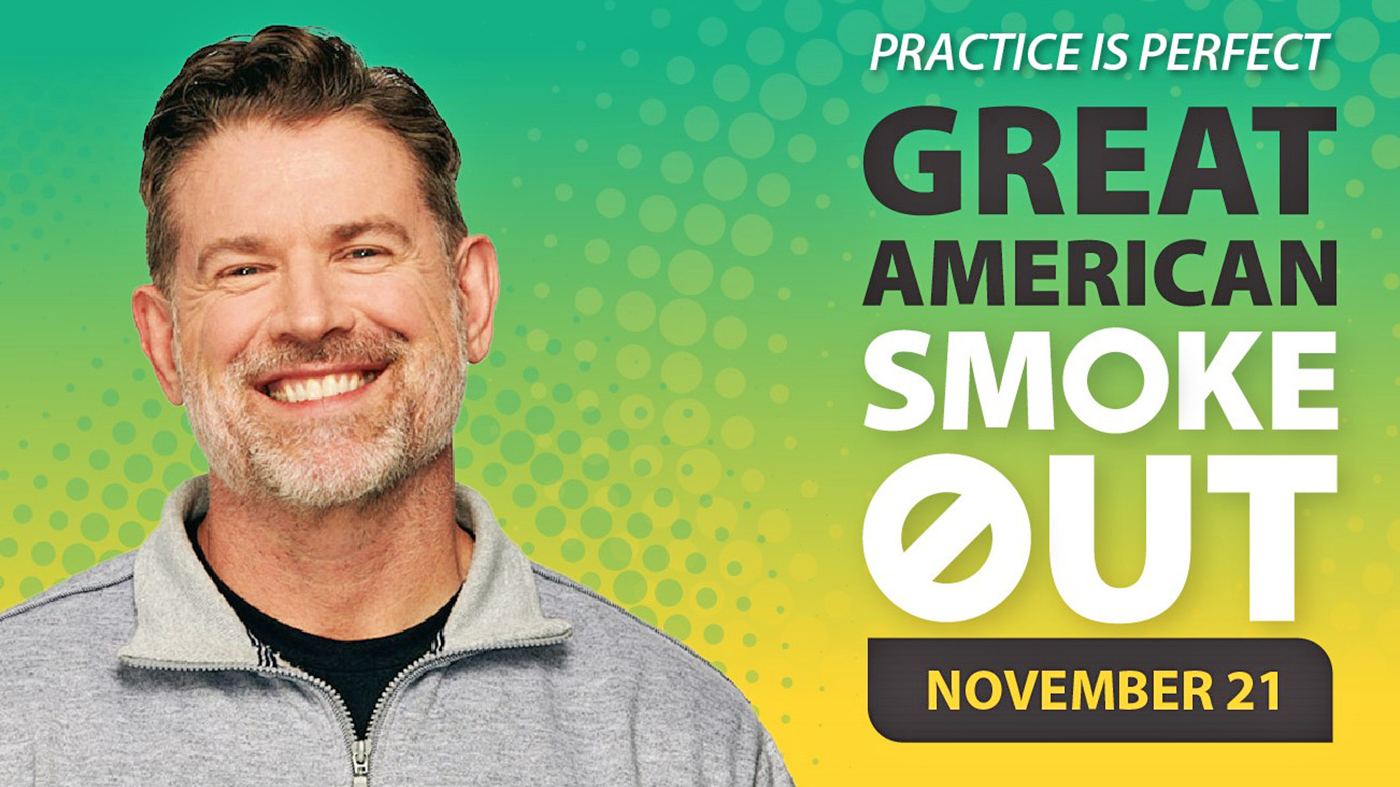
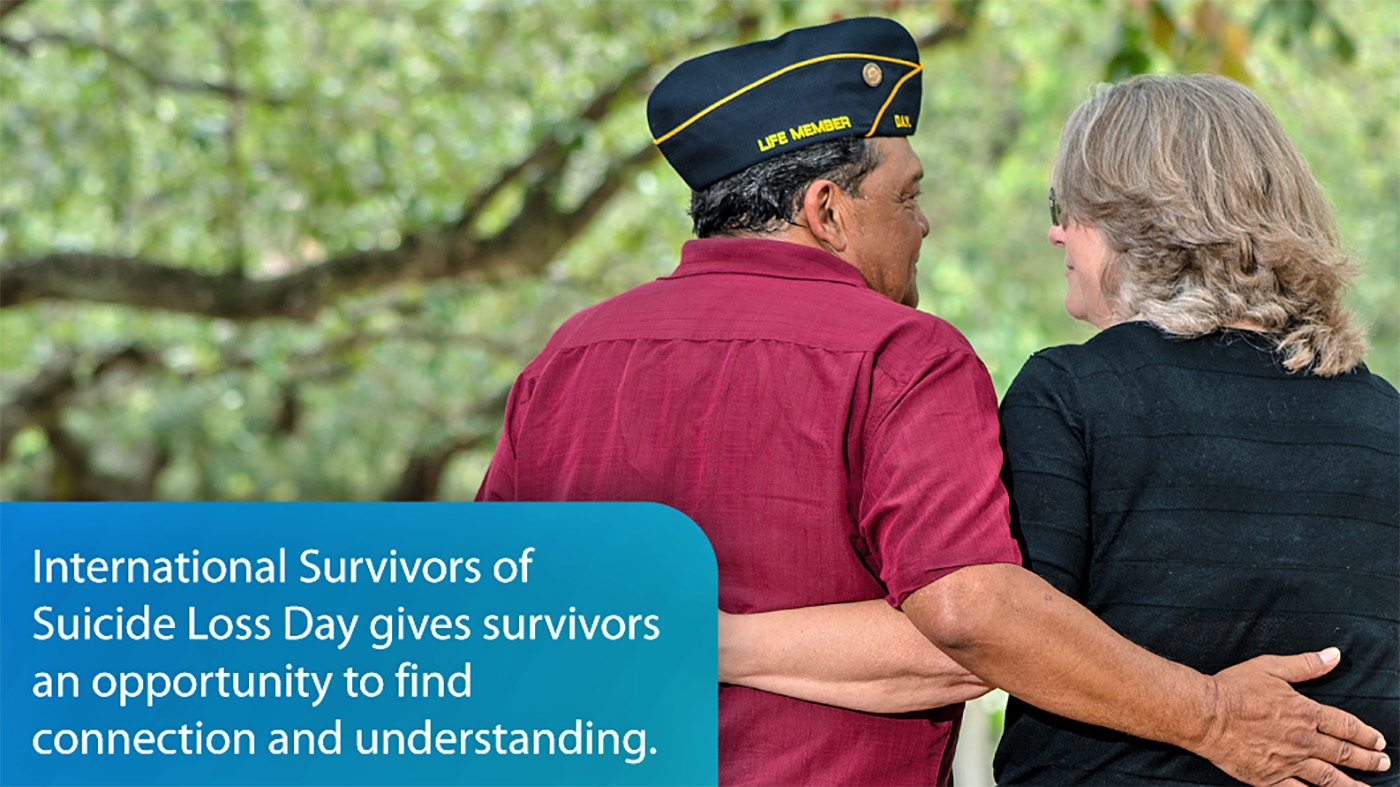
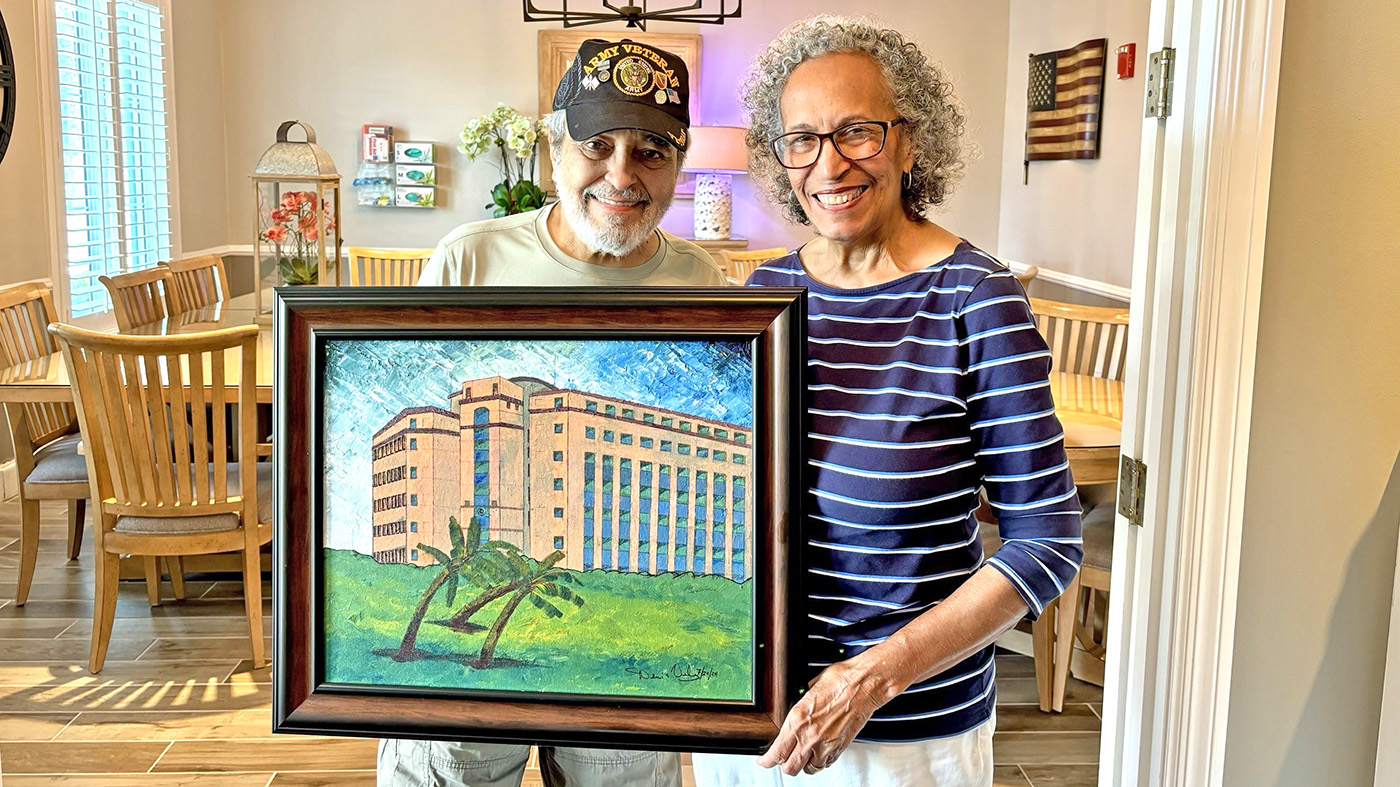


I cannot get any care at the St. Louis Missouri Va
Im a homeless female veteran whose identity is stolen and others use my benefits and block me.